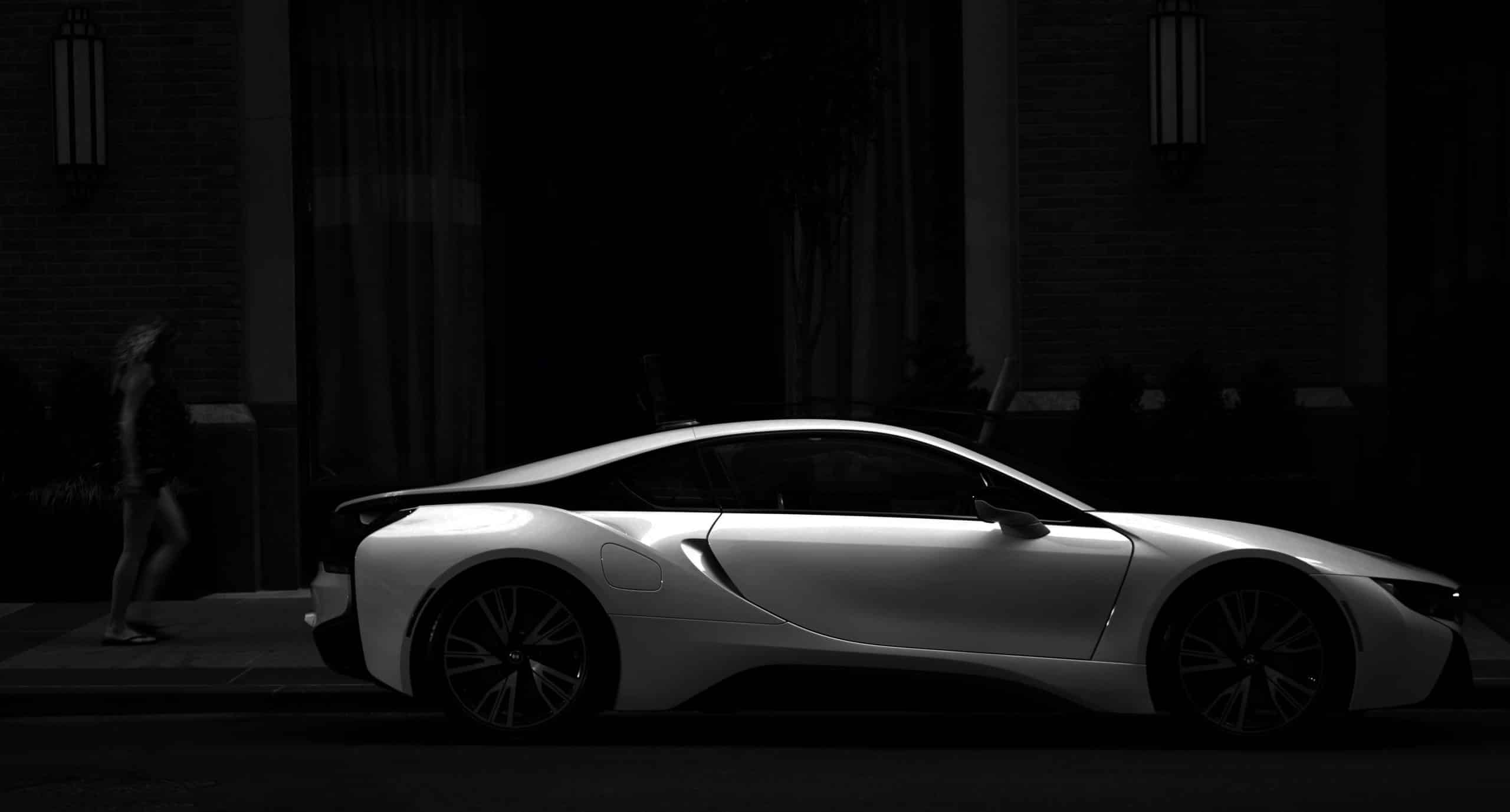As vintage car enthusiasts, you’re probably familiar with the age-old debate about whether to keep these beloved machines original or to make modifications for the sake of convenience and performance. One of the most common changes we see is the conversion to electronic ignition. But what does this really entail and why should it be considered? In this article, we’re going to delve into these questions, providing you with comprehensive insights into the benefits of converting your vintage vehicle’s ignition to an electronic system.
Understanding the Concept of Electronic Ignition
Before we dive into the numerous benefits of converting to electronic ignition in vintage vehicles, it’s important to understand exactly what we’re talking about.
Additional reading : What’s the Best Way to Install and Maintain a Retractable Hardtop Mechanism for Convertibles?
The ignition system of a vehicle is what gets the engine running. In vintage vehicles, this is usually a mechanical or points ignition system. These involve a series of gears and springs that send a signal to the spark plugs to ignite the fuel. An electronic ignition system, on the other hand, replaces these mechanical parts with electronic components. This provides a more efficient, reliable, and precise ignition sequence.
The Efficiency of Electronic Ignition
One of the major benefits of converting to an electronic ignition is the increased efficiency offered by these systems. But why is this so crucial for your vintage vehicle?
Also read : Can You Improve Your Vehicle’s Interior Comfort with Advanced Seat Cooling and Heating Systems?
An electronic ignition system delivers a stronger spark, which can significantly improve your vehicle’s fuel economy and overall performance. Unlike a points ignition system, an electronic ignition system doesn’t suffer from points float – a situation where the mechanical points fail to open and close quickly enough at high engine speeds. The constant strong spark ensures that all the fuel in each cylinder is burnt completely, resulting in maximum power from each combustion cycle. This increased efficiency can make a noticeable difference to the performance of your vintage vehicle.
The Reliability of Electronic Ignition
Reliability is another key benefit of electronic ignition systems. They eliminate the need for regular points and condenser changes, which are common with mechanical ignition systems.
The electronic components in an electronic ignition system are far less susceptible to wear and tear as there are no moving parts. This helps to reduce the risk of breakdowns and means less maintenance is required. Plus, you don’t need to worry about adjusting the points again after changing them, as you would with a traditional mechanical ignition system. This can save you valuable time and effort, making your vintage car experience more reliable and hassle-free.
The Precision of Electronic Ignition
Electronic ignition also brings about a level of precision that is hard to achieve with mechanical systems. This precision has a number of benefits for your vehicle.
An electronic ignition system offers superior timing accuracy, which means better performance and fuel efficiency. Mechanical points systems can lead to inconsistent timing, which can affect engine performance. On the other hand, electronic ignition systems maintain accurate timing, regardless of engine speed. This results in a smoother running engine, better acceleration, and increased power output.
The Long-term Benefits of Electronic Ignition
Finally, it’s worth considering the long-term benefits of converting to electronic ignition. What does this mean for the lifespan of your vehicle?
By eliminating the mechanical wear and tear associated with points ignition systems, electronic ignition can help to extend the life of your engine. Additionally, the more efficient and complete combustion process reduces the risk of engine deposits, which can lead to premature engine wear.
Furthermore, in case of a breakdown, diagnosing problems with an electronic ignition system can be simpler than with a points-based system. Many electronic systems come with built-in diagnostic capabilities, making it easier to identify and fix issues. This makes maintaining your vintage car in the long run much simpler and more cost-effective.
To sum it all up, converting to an electronic ignition system in your vintage vehicle brings a host of advantages – improved efficiency, increased reliability, superior precision, and long-term benefits for your vehicle’s health. While the charm of a completely original vintage car is hard to resist, the tangible benefits of upgrading to an electronic ignition system are undeniable and well worth considering.
The Ease of Installation and Adaptability of Electronic Ignition
In your quest for a better driving experience, it’s also essential to consider the ease of installation and adaptability of electronic ignition systems in vintage vehicles.
Regarded as an upgrade over traditional points ignition systems, electronic ignition systems are, surprisingly, quite easy to install. This is because most electronic ignition kits on the market are designed to fit into the distributor of your vintage vehicle without any major modifications. As a result, you can conveniently switch to an electronic ignition system and reap its benefits without tampering with the classic aesthetics of your car.
Additionally, electronic ignition systems are incredibly adaptable. They can work efficiently with a wide variety of engines, including high-performance ones that often prove problematic for points ignition systems. This adaptability extends to different weather conditions too, as electronic systems are less affected by damp or very cold conditions which can hinder the performance of mechanical ignition systems.
In essence, with electronic ignition systems, you’re investing in an easy-to-install, adaptable solution that enhances your vintage car’s performance while maintaining its antique charm.
The Environmental Advantage of Electronic Ignition
Another crucial aspect that’s often overlooked is the environmental advantage of converting to electronic ignition in vintage vehicles.
By ensuring a more complete combustion process, electronic ignition systems help reduce the amount of unburnt fuel, or hydrocarbons, released into the environment. This makes your vintage vehicle more environmentally friendly. It’s a significant consideration, given the increasing emphasis on reducing vehicle emissions and promoting cleaner air quality.
Moreover, the improved fuel efficiency of vehicles with electronic ignitions equates to less fuel consumption, which can contribute to reduced carbon emissions in the long run.
In summary, choosing to convert to an electronic ignition system can make your vintage car more eco-friendly, aligning your love for classic cars with responsible environmental stewardship.
Conclusion
The decision to convert your vintage vehicle to an electronic ignition system is clearly one that comes with numerous advantages. By offering enhanced efficiency, reliability, and precision, electronic ignition systems can significantly improve your vehicle’s performance. Not to mention the long-term benefits for your vehicle’s health, the ease of installation, and adaptability – all contributing to a better, more enjoyable driving experience.
Furthermore, this conversion brings an environmental advantage, enabling you to enjoy your classic car while also contributing positively to the environment. While the charm of an unaltered vintage car is undeniable, the benefits associated with upgrading to an electronic ignition system cannot be ignored.
Ultimately, as a vintage car enthusiast, you must weigh the merits and demerits based on your personal preferences, driving habits, and the specific needs of your vehicle. But given the overwhelming benefits, it certainly seems worth considering the switch to electronic ignition. After all, isn’t the joy of driving your vintage car in the best possible condition the ultimate goal?











